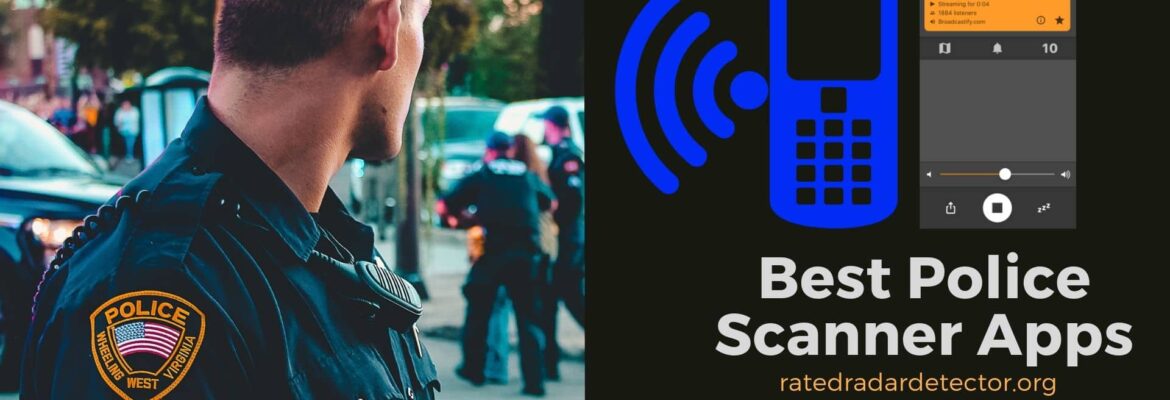Unlocking the Frequency: Understanding the Role and Utility of Police Scanners
In the world of law enforcement, communication is paramount. Police topeka police scanner officers rely on swift, accurate information to respond effectively to emergencies, coordinate operations, and ensure public safety. One tool that has long been integral to this process is the police scanner. Often associated with enthusiasts and hobbyists, police scanners serve a crucial function in relaying real-time updates from emergency service personnel to the public.
What is a Police Scanner?
A police scanner, also known as a radio scanner, is a device capable of receiving radio transmissions across a wide range of frequencies. These transmissions typically include those from emergency services such as law enforcement agencies, fire departments, and emergency medical services. While the term “police scanner” may suggest a focus solely on law enforcement communications, modern scanners can pick up various radio transmissions, including those from aircraft, marine vessels, and amateur radio operators.
The Evolution of Police Scanners
The history of police scanners can be traced back to the early 20th century, coinciding with the development of radio technology. Initially, scanners were large, cumbersome devices limited in functionality. However, advancements in electronics led to the development of more portable and feature-rich scanners.
Today, police scanners come in various forms, from handheld devices to desktop models and even smartphone applications. Digital technology has revolutionized scanning, allowing for clearer reception and more sophisticated features such as programmable memory channels and the ability to decode encrypted transmissions.
Legal Considerations
The legality of owning and operating a police scanner varies depending on jurisdiction. In many countries, including the United States, it is perfectly legal for civilians to own and use scanners to monitor public airwaves. However, there are exceptions, such as restrictions on listening to certain frequencies or intercepting encrypted communications. It is essential for scanner users to familiarize themselves with relevant laws and regulations to avoid any legal issues.
Utility and Applications
Police scanners serve a multitude of purposes, both practical and recreational. For hobbyists and enthusiasts, scanning provides a fascinating glimpse into the inner workings of emergency services, offering insight into police procedures, dispatch protocols, and emergency response tactics.
Moreover, police scanners can be valuable tools for journalists, freelance reporters, and citizen journalists. By monitoring scanner traffic, reporters can quickly gather information on breaking news events, traffic accidents, natural disasters, and other incidents, enabling them to report on developments in real-time.
Additionally, businesses and organizations involved in public safety, such as private security firms and neighborhood watch groups, may use police scanners to stay informed about local crime trends, emergencies, and other relevant activities.
Challenges and Limitations
While police scanners offer many benefits, they are not without their challenges and limitations. One significant challenge is the increasing use of digital encryption by law enforcement agencies to secure their communications. Encrypted transmissions cannot be intercepted by standard scanners, limiting the amount of information accessible to the public.
Moreover, the sheer volume of radio traffic in densely populated areas can make it challenging to discern relevant information from background noise. Scanner users must develop the skill of quickly filtering and interpreting incoming transmissions to extract actionable intelligence.
Conclusion
In an era of instant communication and information topeka police scanner sharing, police scanners remain invaluable tools for both enthusiasts and professionals alike. By providing real-time access to radio transmissions from emergency service personnel, scanners play a vital role in promoting transparency, accountability, and public safety. However, as technology continues to evolve and law enforcement agencies adopt more advanced communication systems, the future of police scanning may require adaptation and innovation to remain relevant in an ever-changing landscape.

